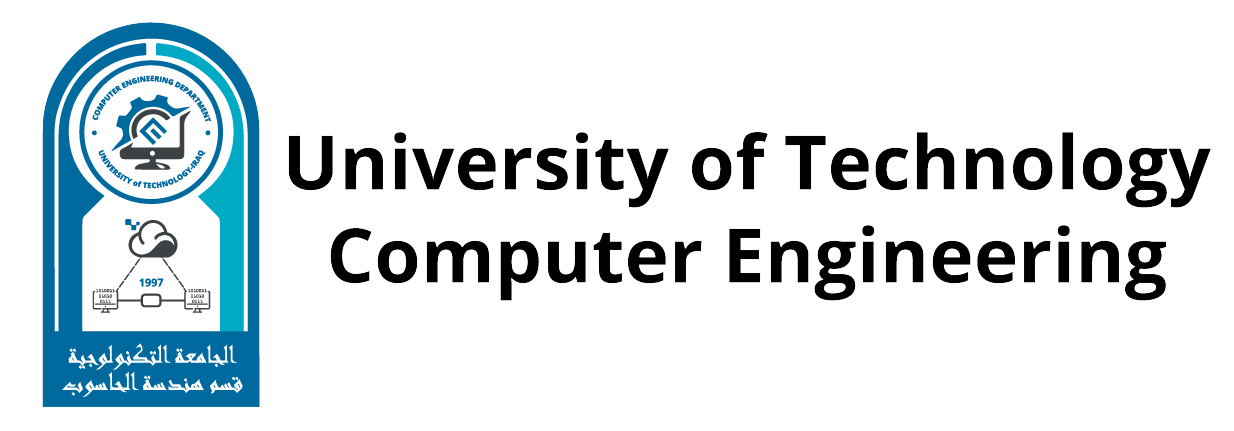An introductory overview of the department’s library and its objectives:
It is a comprehensive and renewable container for all types of knowledge, science and scientific research. It works to provide and facilitate access to the information services necessary for the purposes of education and distinguished scientific research through the library’s content of information sources in its various forms and types to serve the individual and society.
Goals:
- Continuously providing the sources of information needed by faculty members and research students and following up on updating them and providing them with them constantly.
- Developing office systems in line with modern developments in the field of library and information services.
- Facilitating library services for all beneficiaries of the university and outside it, and enabling them to access book sources and references in the best ways.
- Creating the appropriate climate within the library for study and research.
- Continuous development of library members through courses inside and outside the university.
- Cooperating with its counterparts in other university departments, as well as the university’s central library.
The library and its administrative and technical units
The library in the Computer Engineering Department consists of the following:
First: technical procedures
It includes everything related to requesting, receiving, preparing and preparing information sources (books, letters, periodicals, etc.) and placing them at the service of beneficiaries. It consists of the following:
- Supply, exchange, and donation: Through supply, the library can acquire some publications through exchange, donation, and purchase. It works to register books and theses in the library’s records.
- It is the one that processes the book in technical processing (descriptive indexing), that is, displaying the book in a form that makes it easy for the beneficiary to obtain it, by relying on special classification lists (Cutter) and the Dowie decimal system. This work requires specialists in the field of information science and libraries, and after completing this process, the book is sent to Provision for the purpose of completing the registration process in the records The classification card is then received by the systems for the purpose of entering it into the system in effect in the library, which is the automated index winisis, and prepares the loan resource to be available to beneficiaries.
Second: Automated systems
It specializes in everything related to the use of information technology used in library procedures and services, and its work includes (databases, the library’s website, providing technical support for the automated catalogue, and everything related to the use of modern technologies in the library) and it consists of the following:
- Electronic and digital library: Here we prepare electronic discs, the source of which is a paper book, and organize the electronic library for master’s theses and doctoral dissertations.
- Computerized index (automatic search): Here we enter the bibliographic information card into the database (library system) winisis, as well as making automated search available to beneficiaries from inside and outside the university by allocating a computer for that.
Third: Beneficiary services
Beneficiary services in the library provide its services to the faculty, graduate students, and undergraduate students. Among its functions:
- Lending books.
- Preparing statistics based on the number of loans or the number of beneficiaries.
- Arrange books on shelves.
- Reporting overdue books and sending notifications to overdue beneficiaries to return loaned resources.
- Ensure that the sources are in their correct places according to the classification numbers.
- Imposing fines for overdue books.
Beneficiary services consist of the following:
- Loan: Its mission is to provide internal and external loan services for the library’s contents, including books, dissertations, and magazines.
- References: It includes references such as (Hand Book) and dictionaries that are not subject to external loan, only internal loan. Providing the Ask the Librarian service, which provides an answer to everything related to the library’s work, whether technical or services related to lending resources.
- Periodicals: This includes journals in all engineering specializations taught at the university, and they are for internal loan and reproduction only. These tasks are responsible for indexing and classifying the periodicals.
- Theses: Includes all theses related to the university and other universities, and theses are not subject to loan.
- Reproduction: Providing a replication service to those who benefit from the sources of information and references available to researchers.
Library instructions and regulations:
- The library is responsible for providing information sources in various forms, types, and topics to meet the needs of beneficiaries.
- Scientifically organizing information sources to ensure access to them quickly, accurately and easily.
- Providing information services to beneficiaries according to scientific methods.
- Guiding beneficiaries on how to use the library and all the services and technologies available in it that are useful in accessing resources.
- Participation in activities provided by other parties in the field of libraries.
Beneficiary community:
Community of beneficiaries of the department library:
- Students of the initial stages of our department and all scientific and engineering departments.
- Postgraduate students (Masters, PhD).
- Research teachers for our department and for all departments and specializations.
- All researchers from outside the university, including bachelor’s, master’s, doctoral, and teaching staff.
Information services provided by the library:
- Loan service (internal and external) for information sources (books, periodicals, master’s theses and doctoral dissertations, references, dictionaries, etc.).
- Search in the automated index.
- Ask the Librarian service (a service provided by the Reference Unit, which provides assistance to the beneficiary in answering any inquiry regarding the library’s work and services).
